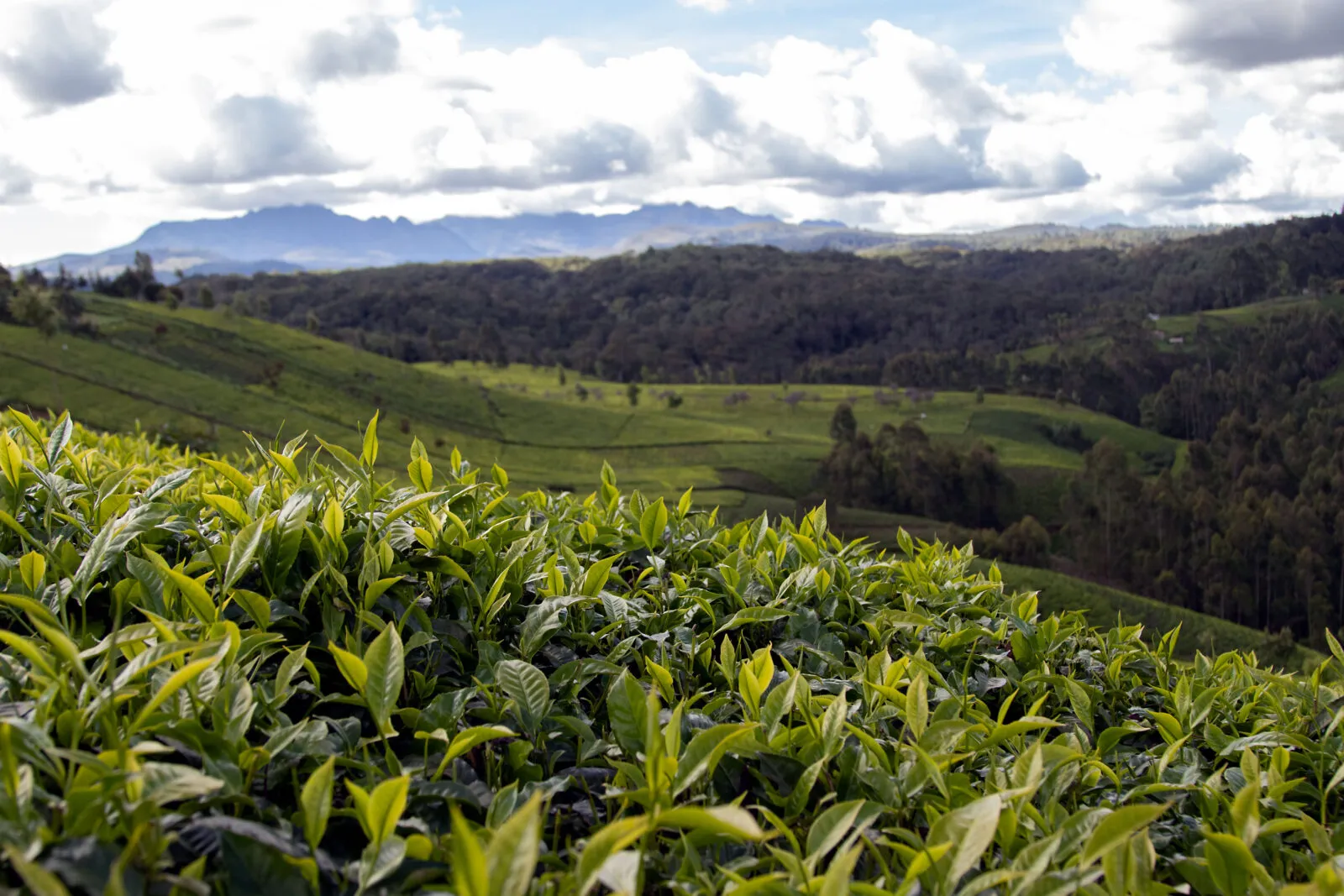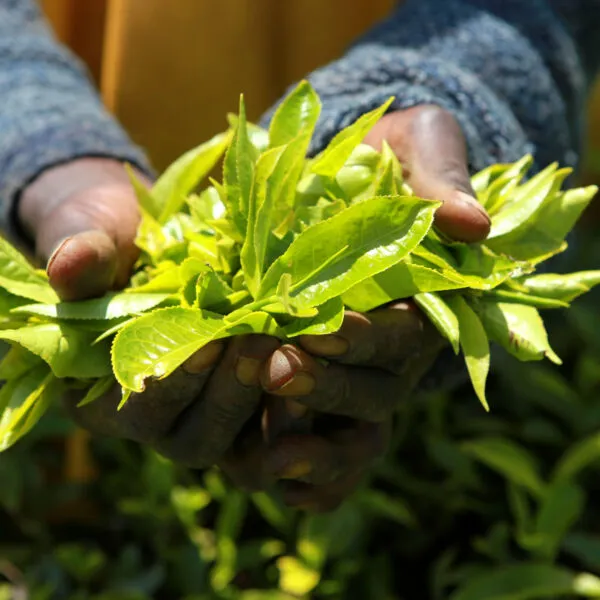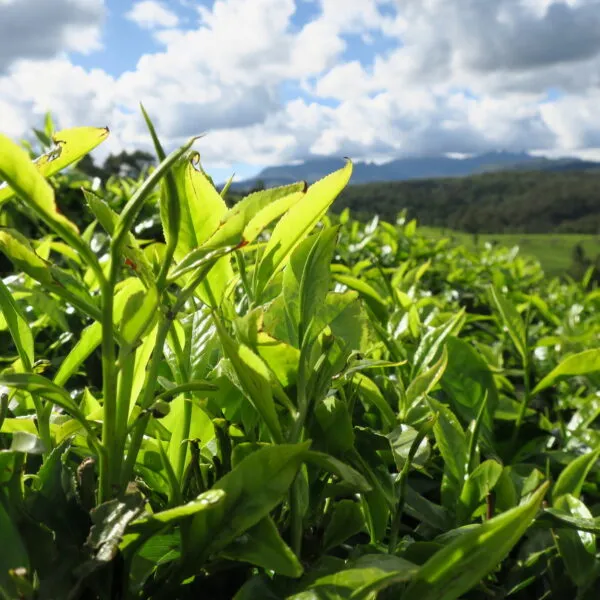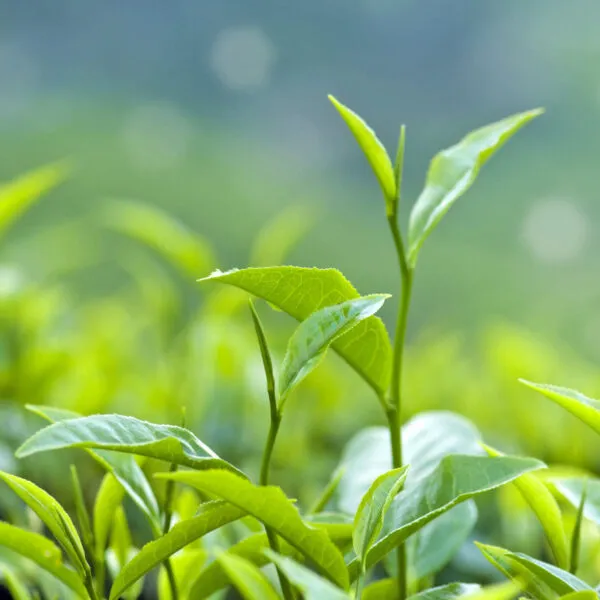Update on Actions Taken to Counter Sexual Harassment and Gender-Based Violence
Following the release of a BBC investigative documentary highlighting sexual harassment and gender-based violence on certified tea estates in Kenya, the Rainforest Alliance launched investigative audits for the two named tea estates, one owned and operated by James Finlay Kenya and another by ekaterra Tea Kenya. The investigative audits involved an analysis of grievance mechanisms and assess-and-address systems, risk assessment, and management plans, and incorporated wide-reaching stakeholder consultation. When considering the final outcome, the results of the Rainforest Alliance’s Severity Test Tool were also taken into account. The audit results have now been finalized and the estates have been notified, as per the rules of our program.
The outcome of the investigative audits, which were carried out by the Rainforest Alliance, confirmed the presence of multiple non-conformities of social and management criteria of the Rainforest Alliance Sustainable Agriculture Standard for both James Finlay Kenya and ekaterra Tea Kenya. Based on these results, we have taken the decision to suspend the certifications of both tea estates in accordance with the Rainforest Alliance’s Certification and Auditing Rules, V1.2.
As laid out in our Certification and Auditing Rules, V1.2, a suspension can last for up to three months. A suspension can be lifted once the affected certificate holder can sufficiently demonstrate that the identified non-conformities have been closed or, for those that are more systemic, that significant progress has been made toward addressing the root causes. To verify this, a follow-up audit must be conducted on-site by an independent Rainforest Alliance auditor at the expense of the certificate holder. If the results of the follow-up audit are positive, the producer’s certificate will be reinstated. If sufficient progress cannot be shown during the follow-up audit, the producer’s certificate will be canceled. Cancellation can last up to a period of 3 years, depending on the severity of the non-conformities.
Continuous Improvement
While human rights violations of any kind will never be tolerated by the Rainforest Alliance, we have learned throughout our 35 years of experience working in agricultural supply chains that complex issues—particularly those related to human rights abuses—cannot be solved by zero-tolerance approaches alone. Automatic decertification as a response to non-conformities has often been shown to be ineffective, driving serious issues, including cases of sexual harassment and gender-based violence underground, and thereby making them harder to detect.
For this reason, the Rainforest Alliance has shifted to a human rights due diligence approach which focuses on working with operations to build capacity, remedy violations, and incentivize systematic, sustainable progress on key human rights issues. This shift from a strictly punitive approach underpins our commitment to continuous improvement and is aligned with growing global legislation, the UN Guiding Principles on Business and Human Rights, and the OECD Guidelines for Multinational Enterprises.
The Rainforest Alliance will continue to provide guidance and support to all of our partners throughout the suspension period as these tea estates work towards remediation. It is our hope that through the criteria and internal mechanisms laid out in our certification program, both estates can establish a stronger human rights due diligence system that prevents human rights abuses and promotes early identification and resolution of human rights risks.
A Global Alliance
The Rainforest Alliance remains committed to doing its part to help stop sexual harassment and gender-based violence in global supply chains. The safety and well-being of women – and of all workers – is an integral part of our certification program and our mission at large.



